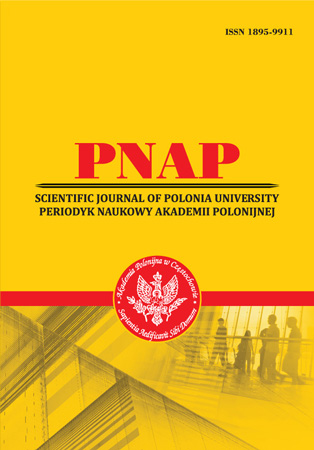NARRATIVE ASPECT OF THE “DEVIL” CONCEPT SUGGESTION IN GERMAN STUDIES OF THE 20th CENTURY (BASED ON THE NOVEL “MEPHISTO” BY K. MANN)
Abstract
The article discusses the features of the suggestion of the concept “Devil” in German studies, examines the relationship between the sub-concepts “evil” and “sadness” in the context of the preservation of narrative structures in translation, and also revealed the main features of the concept under study. There is a statement that suggestion is a way of interpreting a certain message through a combination of logical and emotional components at the syntactic and morphological levels, which affects the consciousness of the recipient. The inculcation of religious concepts provokes certain states or feelings of a person, encouraging them to commit acts that don’t correspond to the initial psycho-mental portrait of a person, awakening and deforming the reader's subconscious perception of reality. Particular attention was paid to the study of the methods of translating the direct speech of the author from the original language to the target language, which reveal the main criteria for distinguishing between unreliable types of representation of the concept under study. During the analysis also was described a step-by-step application of the context-interpretive method of preserving narrative and was discovered the concept of “cognitive context”, which has a paramount importance in the minds of native speakers, and gives an opportunity to get closer to understanding of author's suggestive influence on the average reader.
References
2. Askoldov-Alekseev S.A. (1997). Koncept ta slovo [Concept and the word]. Moskva: Academia [in Ukrainian]
3. Golubovskа I.O. (2004). Etnichni osobly`vosti movny`x karty`n svitu [Ethnic Peculiarities of World's Linguistic Paintings]. Kiev: Logos [in Ukrainian]
4. Goncharov G. A. (1995). Suggesty`ya: teoriya ta prakty`ka [Sugesty: theory and practice]. Mariupol’: KSP [in Ukrainian]
5. Granovska R.M. (2004). Psy`xologiya viry` [Psychology of Faith] SPb.: Publishing House “Rech” [in Ukrainian]
6. Ilnytska L. L. (2006). Anglomovny`j sugesty`vny`j dy`skurs [English-language suggestive discourse]. Kharkiv: Svit. [in Ukrainian]
7. Klaus M. (1936). Mephisto. Roman einer Karriere. [in German]
8. Raigorodsky D. А. (2001). “Zakvaska” naviyuvannya. “Psy`xologiya ta psy`xoanaliz xarakteru” [“Sour” of sugesty. “Psychology and psychoanalysis of nature”]. [Electronic resource] // Access mode: https://bookap.info/psyanaliz/raygorodskiy_psihologiya_i_psihoanaliz_haraktera/gl113.shtm Lviv [in Ukrainian]
9. Slyvka N.T. (2008). Leksy`chno vy`razheny`j koncept z tochky` zoru kognity`vnoyi semanty`ky` [Lexically expressed concept from the point of view of cognitive semantics]. Uzhgorod: Modern Studies in Foreign Philology. [in Ukrainian]
10. Suprun V.M. (2014). Ponyattya “koncept” u terminologichnij sy`stemi filologichnoyi nauky` [The definition of “concept” in the terminology system of philological science]. Kiev: State and regions [in Ukrainian]
Abstract views: 237 PDF Downloads: 197







